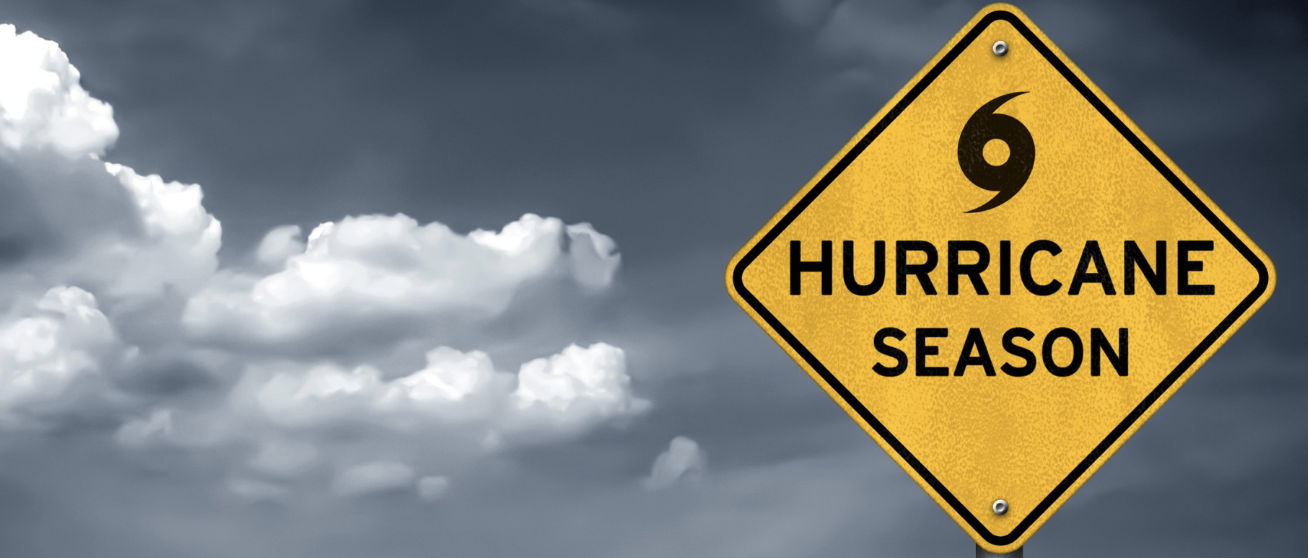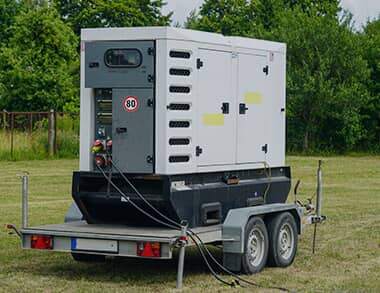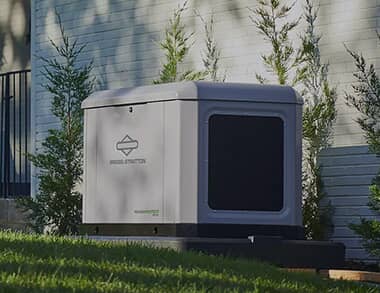Power Through the Storm: Preparing for Hurricane Season with a Home Standby Generator


Hurricane season often brings power outages that can last for hours—or even days. For homeowners in coastal and storm-prone regions, a home standby generator is one of the best ways to stay safe and comfortable when the grid goes down. The key is preparation. Making sure your generator is serviced and ready before the first storm arrives helps protect your home, your family, and your peace of mind.
Schedule a Generator Inspection Before Hurricane Season
Hidden issues like fuel blockages, battery failure, or loose wiring can cause a generator to break down when it’s needed most. That’s why a professional generator inspection should be scheduled ahead of hurricane season.
A technician can:
• Check the fuel system for leaks or buildup
• Test the automatic transfer switch
• Inspect electrical connections
• Confirm that the unit starts and runs reliably
Taking these steps now prevents last-minute surprises when a storm knocks out power.
Perform Preventive Generator Maintenance
Routine generator maintenance keeps your system dependable during heavy use. Essential tasks include:
• Changing air filters and spark plugs
• Checking oil, coolant, and fuel levels
• Inspecting and charging the battery
• Treating rust or corrosion on exposed parts
Many experts also recommend running the generator under load for 15–20 minutes once a month. This keeps components moving smoothly, keeps the engine in good condition, and ensures you’ll notice any issues before an emergency.
Check Fuel Supply and Storage
A generator is only as reliable as its fuel. Propane and natural gas systems should be confirmed with your supplier before hurricane season, while gasoline and diesel require special care.
• Diesel fuel typically lasts two to three years.
• Gasoline begins to degrade in six months to a year.
To extend shelf life, store fuel in proper containers and add stabilizers. Always keep fresh fuel available so your standby generator can operate at full capacity when a hurricane hits.
Keep the Generator Area Clear and Ventilated
Hurricanes bring flying debris, flooding, and strong winds. Before storm season, clear the area around your generator to protect it from damage.
Ventilation is equally important. Generators release exhaust gases, including carbon monoxide, so they should always be located outside in an open area. Anchoring the unit or installing it on a concrete pad helps secure it against shifting during high winds.
Inspect Your Generator After Each Storm
Even if your generator keeps your home powered during a storm, it may suffer damage that isn’t immediately visible. After each hurricane or tropical storm, inspect the unit carefully:
• Check for water damage or corrosion
• Inspect the battery and wiring
• Refill and refresh fuel levels
• Remove any debris around the housing
Post-storm inspections help identify issues early, keeping your generator reliable for the next outage. Many homeowners schedule follow-up maintenance visits to catch wear-and-tear that could cause problems later.
Be Prepared with GenTech
Being ready for hurricane season means more than just owning a generator—it means knowing it will start every time. At GenTech, we specialize in standby generator services, including inspections, preventive maintenance, emergency repairs, and safe system upgrades.
Our technicians work with homeowners to make sure backup power is dependable before, during, and after the storm. With the right preparation, you can protect your home, keep food cold, stay connected, and power essential appliances throughout hurricane season.
Don’t wait until the next storm is on the radar. Schedule your generator inspection and maintenance service today, and be ready when hurricane season arrives.
From Insights to Power: Let’s Talk Solutions
Whether you need emergency power, maintenance, or expert guidance on your generator system, Gen-Tech has you covered. Our experienced team provides industry-leading service to keep your power running when it matters most. Call (800) 625-8324 to discuss your power generation needs today!
Contact Us













